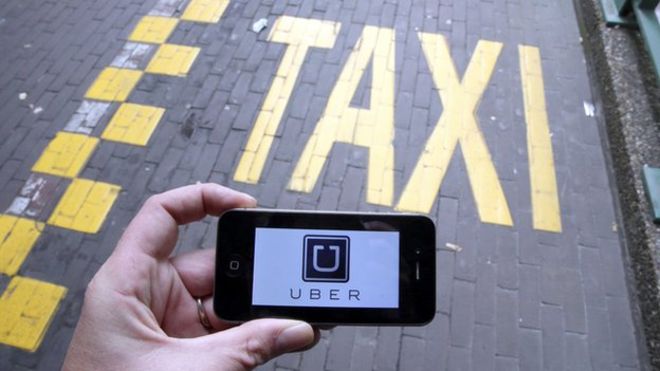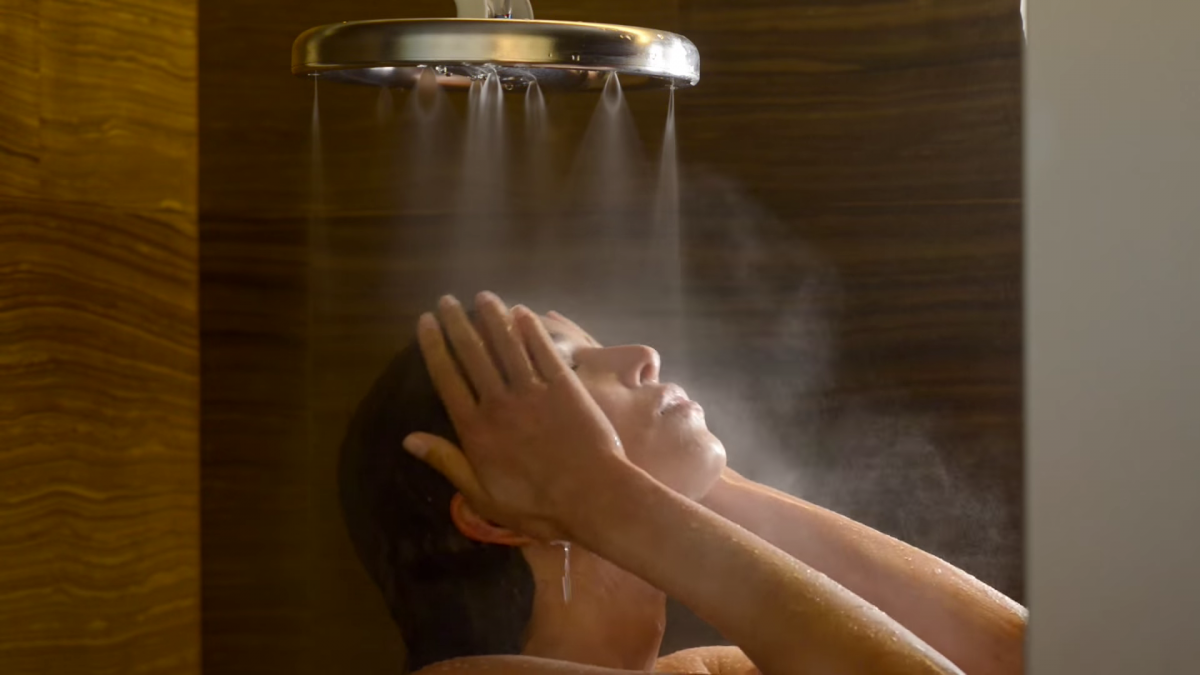One more accident featuring an Uber driver has taken place. We have already heard numerous times of Uber or Lyft drivers being involved into sexual assaults, kidnapping cases, harassment incidents etc. (Who’s Driving You 2016) This time the story is about an Uber driver from Florida pointing a gun at his passengers.
Mr Fabry and his friends were picked up by an Uber driver, Mr Mcdonald. Mr Fabry felt sick on his way home so he asked to stop a car for a minute. When the driver stopped, Mr Fabry told him to continue as he felt better by then. That moment Mr Mcdonald tried to drag his passengers out of the car, telling Mr Fabry that he could not be sick in a $75 000 car. Then the driver took a gun and pointed it at Mr Fabry.
Later, McDonald admitted to police he was holding a gun but he refused the fact that he was pointing it at Fabry.
The police report stated that McDonald “grabbed it (the gun) because he was in fear for his life”. (Rawlinson 2016)
McDonald has already been released on bail.
Bill Gibbson, Uber spokesman said in his interview to the local paper that McDonald is not a part of the Uber’s team any more. (Irby 2016)
Does Uber seriously think that this is the only thing they can do?
All of these incidents are pushing away even the most loyal clients of Uber. The company should take serious measures to prevent future incidents. Testing mental health of the drivers might be an option.
The last thing to note, when a similar accident happens in Poland, I will better use a tram or metro.
References:
Irby K. (2016), Uber driver charged with pulling gun on passenger in Bradenton, Bardenton Herald, Available at: http://www.bradenton.com/news/local/crime/article56439200.html.
Rawlinson K. (2016), Uber driver ‘pulls gun’ on passenger in Florida, BBC, Available at: http://www.bbc.com/news/technology-35410676.
Who’s Driving You (2016), Reported list of incidents involving Uber and Lyft, Available at: http://www.whosdrivingyou.org/rideshare-incidents.










